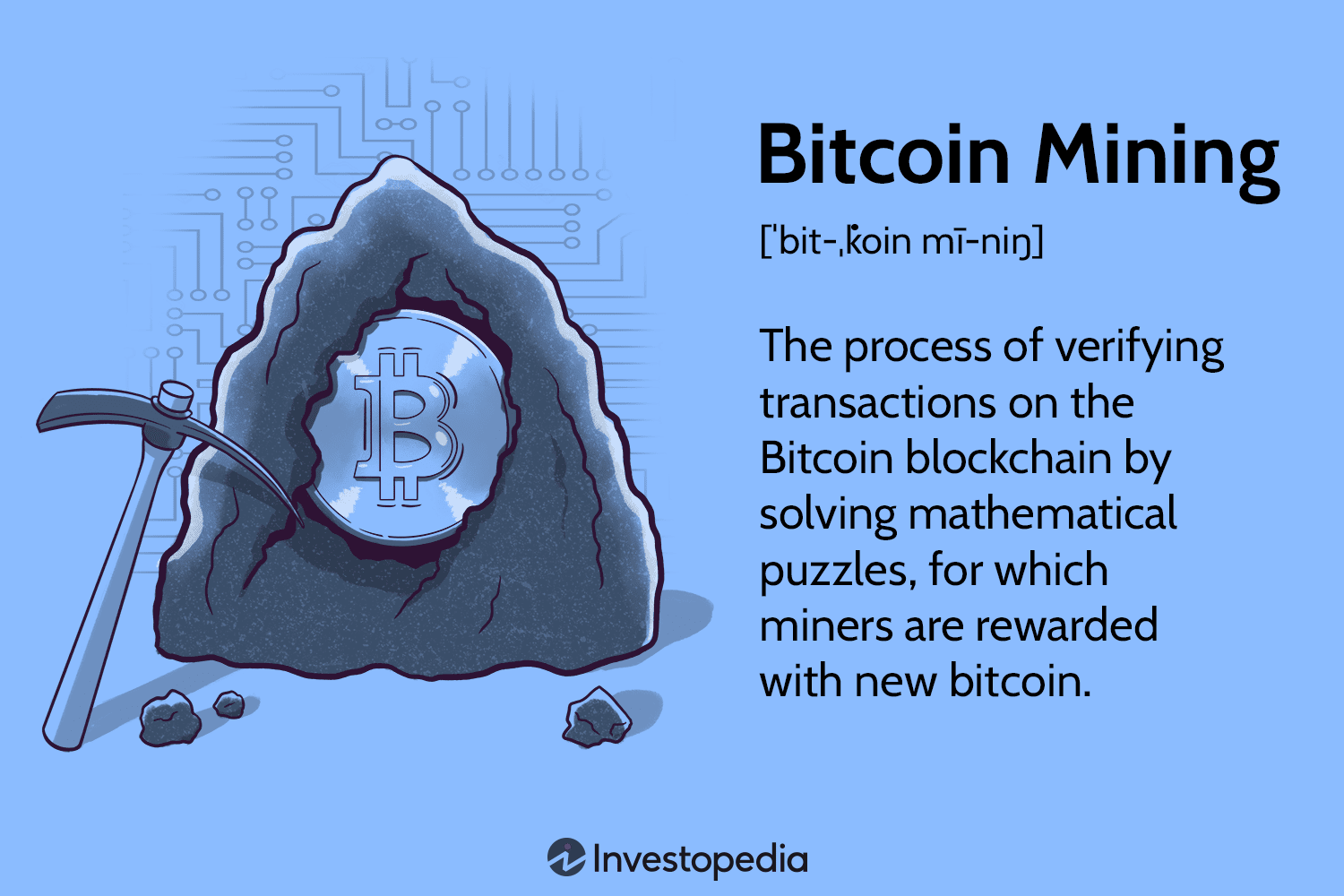The mining industry, known for its complexity and vast supply chains, is increasingly turning to blockchain technology to enhance transparency, traceability, and efficiency. Blockchain, a decentralized digital ledger, has the potential to address some of the industry’s longstanding challenges, from supply chain inefficiencies to regulatory compliance. This article explores the applications, benefits, challenges, and future prospects of blockchain in mining.
Applications of Blockchain in Mining
- Supply Chain Management:
- Blockchain provides a secure and transparent way to track the movement of minerals and materials through the supply chain. Each transaction is recorded on a tamper-proof ledger, enabling all stakeholders to access real-time data and verify the provenance of materials.
- Traceability of Resources:
- For companies committed to ethical sourcing, blockchain can track the origin of minerals, ensuring that they are sourced responsibly and legally. This is particularly important in the context of conflict minerals, where consumers and regulators demand greater accountability.
- Smart Contracts:
- Smart contracts, self-executing contracts with the terms of the agreement directly written into code, can automate transactions between parties in the mining sector. This reduces the need for intermediaries, streamlines processes, and minimizes disputes.
- Regulatory Compliance:
- Blockchain can simplify regulatory compliance by providing immutable records of transactions and operational practices. This transparency can make audits easier and more efficient, helping companies adhere to environmental and safety regulations.
- Payments and Financial Transactions:
- Blockchain facilitates secure and efficient payment systems, enabling faster transactions and reducing fees associated with traditional banking methods. Cryptocurrencies can be used for payments in remote areas where banking infrastructure is limited.
- Data Security:
- The decentralized nature of blockchain enhances data security, reducing the risk of fraud and cyberattacks. All participants in the network have access to the same information, which increases trust among stakeholders.
Benefits of Blockchain in Mining
- Increased Transparency:
- Blockchain’s immutable ledger enhances transparency, allowing stakeholders, including regulators and consumers, to verify information about the sourcing and movement of minerals.
- Enhanced Efficiency:
- By automating processes through smart contracts and reducing reliance on intermediaries, blockchain can streamline operations and cut costs.
- Improved Trust:
- The transparency and security offered by blockchain foster trust among stakeholders. Companies that adopt blockchain can demonstrate their commitment to ethical practices, enhancing their reputation.
- Cost Reduction:
- The efficiency gained through blockchain technology can lead to significant cost savings in areas such as transaction fees, auditing, and supply chain management.
- Sustainability:
- By enabling better traceability of resources, blockchain supports sustainable mining practices. Companies can demonstrate their commitment to environmental responsibility by ensuring that their supply chains are free from unethical practices.
Challenges of Implementing Blockchain
- Technical Complexity:
- Integrating blockchain technology into existing mining operations can be complex and requires a significant understanding of both blockchain and the mining industry. Companies may need to invest in training and development.
- Initial Costs:
- The initial investment in blockchain technology, including hardware, software, and training, can be substantial. Companies must evaluate the long-term benefits against these upfront costs.
- Interoperability:
- For blockchain to be effective across the mining supply chain, different systems and technologies must be able to communicate with one another. Achieving this interoperability can be challenging.
- Regulatory Uncertainty:
- The regulatory landscape surrounding blockchain and cryptocurrencies is still evolving. Companies must navigate this uncertainty to ensure compliance with local and international laws.
- Scalability:
- As mining operations expand, the scalability of blockchain solutions becomes crucial. Companies must ensure that the technology can handle increased transaction volumes without compromising performance.
Future Prospects
The future of blockchain in mining is bright, with ongoing developments in technology and increasing interest from industry stakeholders. Key trends to watch include:
- Increased Adoption:
- As awareness of blockchain’s benefits grows, more mining companies are likely to adopt this technology, especially those focused on sustainability and ethical sourcing.
- Collaboration Across the Supply Chain:
- Collaboration among stakeholders, including miners, processors, manufacturers, and regulators, will be essential for successful blockchain implementation. Shared platforms can facilitate greater efficiency and transparency.
- Integration with Other Technologies:
- The combination of blockchain with other emerging technologies, such as IoT and artificial intelligence, can enhance data collection and analysis, providing deeper insights into mining operations.
- Standardization:
- The development of industry standards for blockchain applications in mining will be crucial for interoperability and widespread adoption. Initiatives to create common frameworks are already underway.
- Focus on Sustainability:
- As the global emphasis on sustainability intensifies, blockchain will likely play a key role in ensuring responsible resource extraction, tracking environmental impacts, and promoting circular economy practices.
Conclusion
Blockchain technology has the potential to revolutionize the mining industry by enhancing transparency, efficiency, and sustainability. As mining companies face increasing scrutiny over ethical sourcing and environmental impacts, the adoption of blockchain can provide a pathway to greater accountability and operational excellence. While challenges remain in implementation, the future prospects for blockchain in mining are promising, paving the way for a more responsible and innovative industry. Embracing these advancements will not only improve operational practices but also foster trust among stakeholders and contribute to a more sustainable future.
